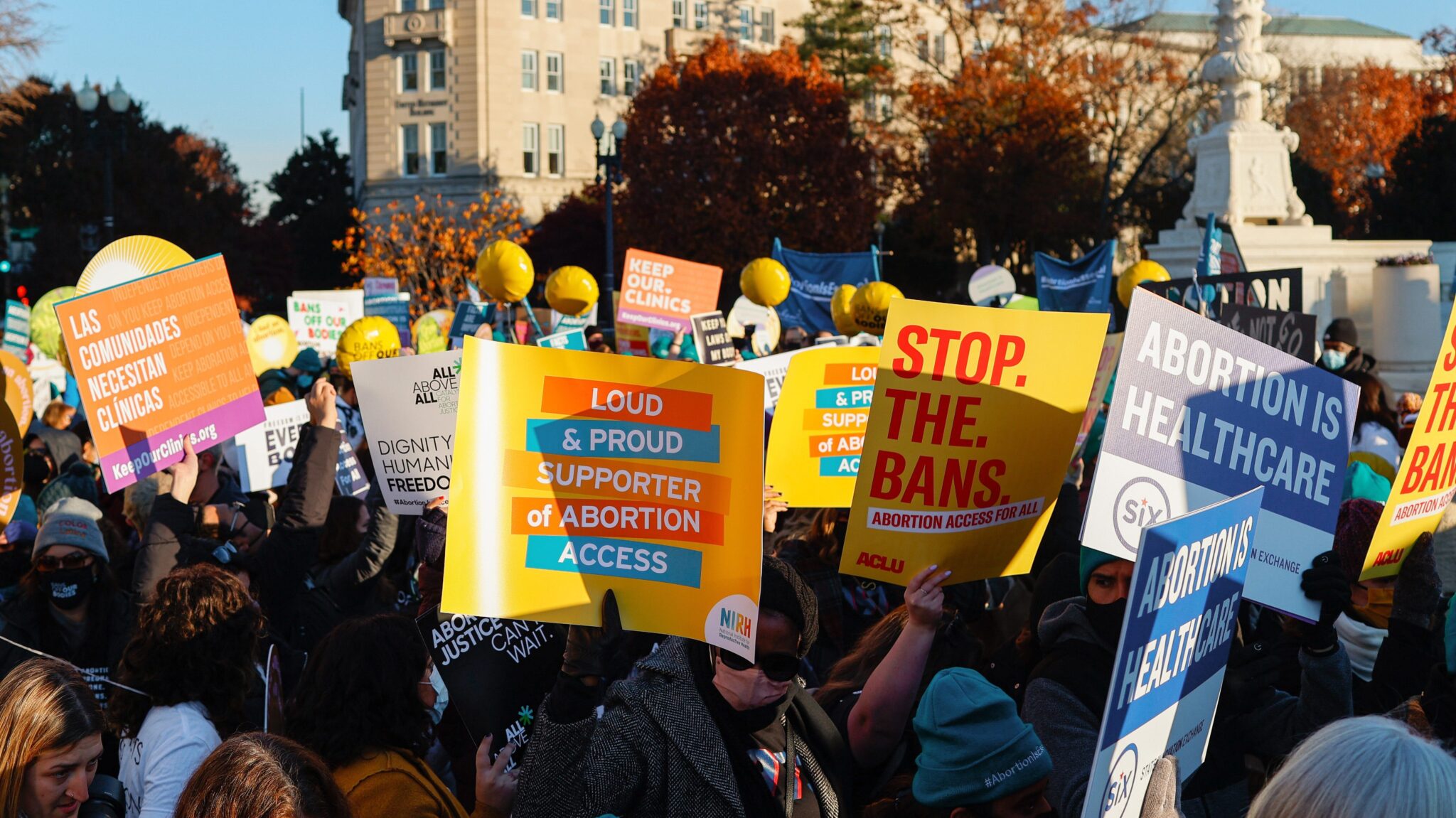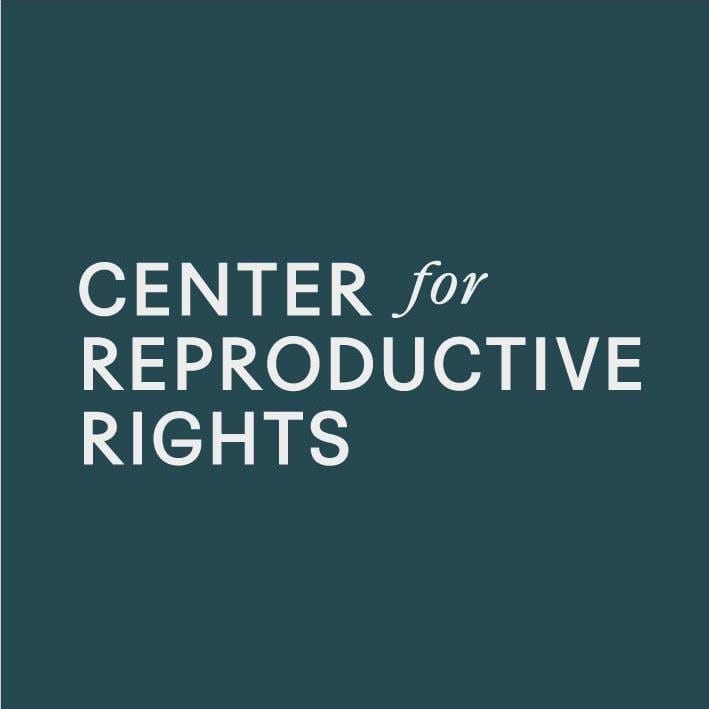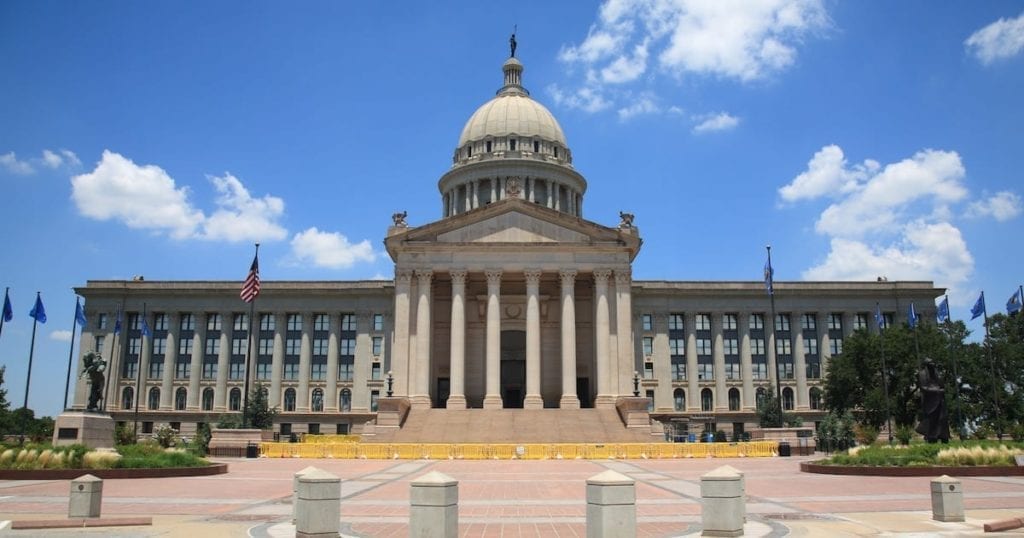Oklahoma Supreme Court Ruling Affirms Right to Life-Saving Abortion Care
While the high court decision strikes down two “vigilante-style” abortion bans, Oklahoma’s pre-Roe ban remains in effect.

An Oklahoma Supreme Court ruling Wednesday—in a case brought by the Center for Reproductive Rights and its partners—overturned two citizen-enforced laws banning abortion. This ruling affirmed the court’s recent decision that the state constitution protects the right to abortion in life-threatening situations.
The high court confirmed that doctors must be able to use their medical judgement to determine whether to provide an abortion when a patient’s life is at risk. But, due to the pre-Roe ban upheld by the court in March, abortion care remains inaccessible for most pregnant people in the state.
Read more.
New Study Finds Oklahoma Hospitals Unable to Provide Clear and Accurate Information on Emergency Obstetric Care
Learn how Oklahoma’s bans have jeopardized pregnant patients’ ability to access life-saving obstetric care.
“Oklahoma lawmakers have passed four abortion bans in the last two years with extremely narrow exceptions. Their lack of concern and empathy for pregnant Oklahomans is frightening,” said Nancy Northup, president and CEO of the Center. “These overlapping bans have created a public health crisis in the state—we know pregnant women have been turned away from hospitals and denied medically necessary abortions until they were near death. Today, the Oklahoma Supreme Court reiterated that the state constitution protects the right to abortion in life-threatening situations. It’s time Oklahoma lawmakers stop violating their own constitution and putting lives at risk.”
Of the two laws struck down, one, S.B. 1503, banned abortion after six weeks of pregnancy, and the second, H.B. 4327, banned abortion entirely. The laws took effect in April and May 2022, respectively.
The Center, Planned Parenthood Federation of America and Blake Johnson brought the case on behalf of the Oklahoma Call for Reproductive Justice, Tulsa Women’s Reproductive Clinic, Dr. Alan Braid, Planned Parenthood Great Plains, and Planned Parenthood of Arkansas and Eastern Oklahoma.
Citizen-Enforced Laws
The abortion bans that the Oklahoma high court struck down shared the same enforcement scheme as Texas S.B. 8, which empowers and incentivizes any private individual—including, for example, an anti-abortion extremist—to bring costly and harassing lawsuits against anyone they think has provided an unlawful abortion or has assisted someone in obtaining one. The U.S. Supreme Court allowed the Texas law to take effect before its June 24 ruling in Dobbs v. Jackson Women’s Health Organization.
On Wednesday, the Oklahoma Supreme Court found that both of the state’s S.B. 8 “copycat laws” have insufficient medical emergency exceptions and are therefore unconstitutional. This decision rests on precedent the Center and its partners secured at the high court in March, in Oklahoma Call for Reproductive Justice v. Drummond. This ruling recognized “the Oklahoma Constitution creates an inherent right of a pregnant woman to terminate a pregnancy when necessary to preserve her life” and allowed doctors to rely on their medical judgement to determine when abortions are needed to save the life of a patient.
Despite these decisions, abortion care remains largely unavailable in the state. “After months of uncertainty and chaos, Oklahomans should finally be able to access the lifesaving care they need in their home state,” said Dr. Alan Braid, abortion provider and plaintiff in the case. “Heartbreakingly, we were forced to close our Tulsa clinic due to Oklahoma’s abortion bans, but I will continue to serve patients in the region at clinics in Illinois and New Mexico.”



